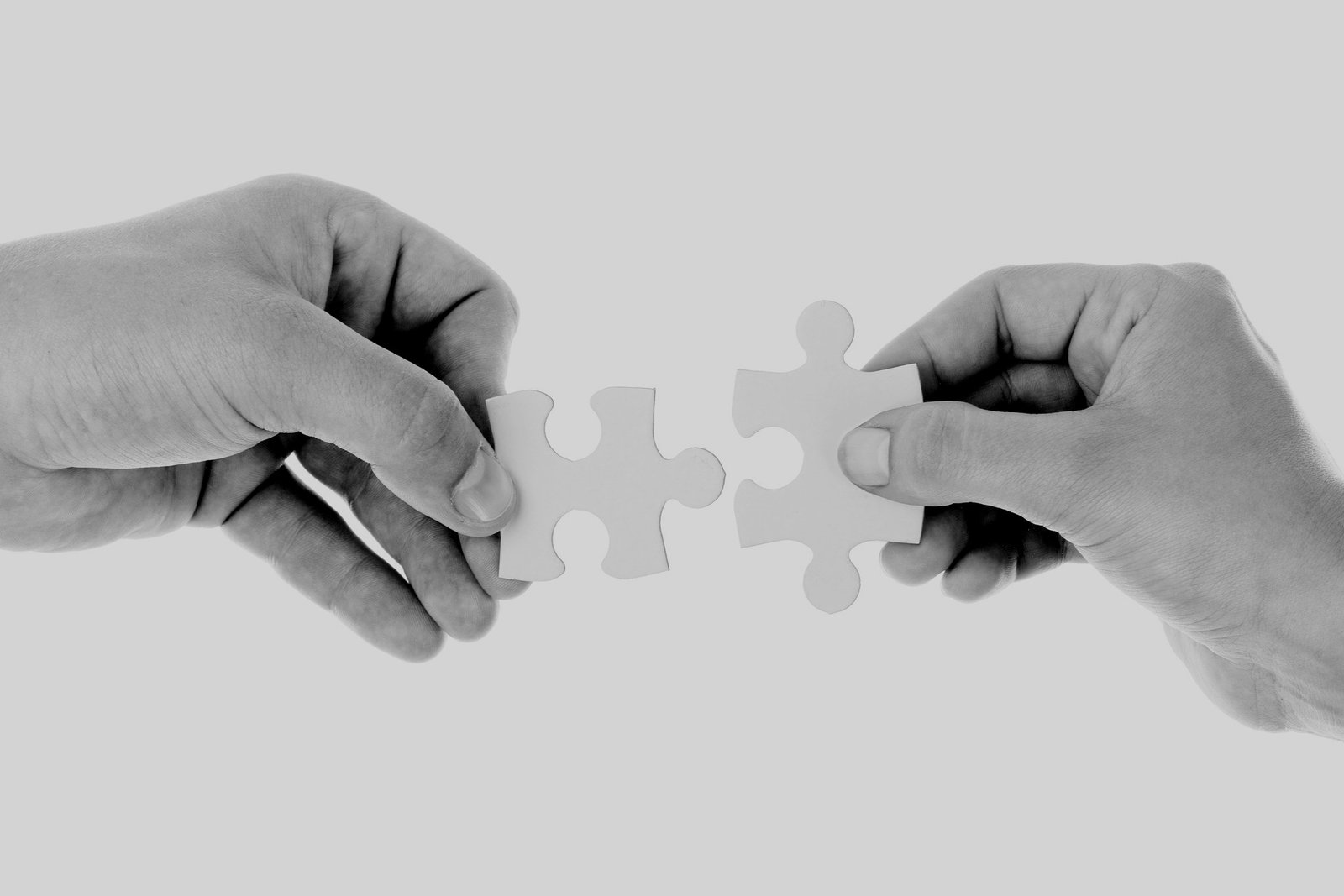Why do people connect? Let me personalize the question for you. Why do you want to connect with others? Or do you find less need to connect with others? Please take a paper and reflect on it. Whatever your answer may be, the answer to this question runs deep in roots for years since humans as a species come into existence. It will give you a sense of understanding if you look a bit deeper into this need to connect and belong. So let us dive deeper into the answer.
Like any species alive, the primary need is to survive, thrive as a species through reproduction, and grow stronger. This is a collective need of any species, and I don’t mean that most species are focused on this in a cerebral way, but it is instinctual. Even though humans assume to be cerebral in approach regarding this but they are primarily like any other species instinctual when it comes to this need. When I say collective need, it doesn’t necessarily mean that they feel it collectively, but most do as part of their need to survive at an individual level. When it comes to basic needs of survival, food, shelter, and safety, the necessary means to acquire what is necessary for it and to manage those resources is stronger as a collective rather than at an individual level.
We all need food to stay alive, a roof above our head to protect us from the extremes of weather, less safe people and animals. Along with it, we need someone to have our back in times of survival crisis, to protect us basically. It is a basic human need, a survival necessity. The need to connect stems from a need to belong with a group or community to access resources and protection to survive. It is a hard drive for all of us. It would make sense naturally then why people fear to be outcast from society.
Now let me also bring your attention to one more thing to make things clear and simple to understand. As a baby, most of us need our mother or someone who took care of us as an infant. We were dependent on them for survival. They responded to us when we cry or laugh. We stop crying when they come and caress us, soothe us, and put us at ease through their voice and touch. We basically stop crying in response to this attention, and when our needs are met, whatever it might be hungry or need to feel safe. Most infants can’t stay alone for long periods of time. They go silent and unresponsive. Studies during World War II show its impact on their immune system and high susceptibility to diseases. As most people would call it, the need to be loved is basically the need to be wanted and accepted by the caretaker or protector, whatever you would like to call that person. Do you see the similarity between the need to be connected to the collective and the individual caretaker? It is basically the need to be included and provided, so we survive.
Now that we have seen the emotional aspect let us look at the thought processes that stem from this basic need to connect. A distinction between humans and other organisms is the complexity of the thought processes and the ability to act upon them. That gives rise to the complex nature in which we behave to belong to a group and how we connect with others. People connect or bond with others in different ways. Bonding can be either warm and friendly or as cold and aloof, while most of us lie within this spectrum of two different styles of connecting with others. I am not here to say which is good or bad as there is no such thing as good or bad. What functions in one situation may not be the case in another, so it all depends on adaptive and functional then and situation. Back to what we were discussing, see most of our connecting skills are primarily influenced by instinctual needs; the behavior is driven by how we see the world and our habits. This is where we can make the change if we feel we need a change in how we connect with others.
Now the reason why I have mentioned the way we see things and habits is because it is shaped by how we grew up and the experiences we had as a child during the formative years of our life. An experience with a less responsive parent/caretaker or anxious and overbearing parent may generate unsafe and insecure feelings. Feeling unsafe and insecure may sometimes be obvious to the person as they experience anxiety and fear, and sometimes they may not be aware of this underlying feeling. Still, it colors their behavior, how they view things and other’s actions, how they relate with others. This is where many of the issues related to mental well-being and relationship issues stem…you don’t trust others and yourself at a sub-conscious level, and for some people, it may be at a conscious level. When it comes to resolving relationship issues, constructively dealing with the underlying cause is a priority if we need it to be effectively solved. If you ask me why we need to address relationship issues, I would tell you that we can’t live and function in isolation; we are all interdependent in this world. As human beings, we need some level of social connectivity to survive and feel emotionally validated.
Feeling unsafe and insecure also impacts your confidence level and trust in your ability to handle things in life as well. How you relate and deal with your emotional self is very important as part of self-growth and a functional and productive member of society. It also impacts your happiness and well-being. Your emotional self can be likened to a child. It deals with a wide variety of functions about your survival and reproduction and is your primal source of motivation, making it a powerful aspect of you. Suppose your emotional self is like a wounded child feeling fearful and insecure; the way it directs you could be more to survival which would have been effective during the cave period but not adaptive and functional for living in a modern world. Dealing with these issues and training them logically is important.
If you feel you need training on relationships and to build confident productivity you please attend our training courses:
Relationship Education Program
Comprehensive Life Education Program
Emotion Management Crash Course
Share the knowledge!





